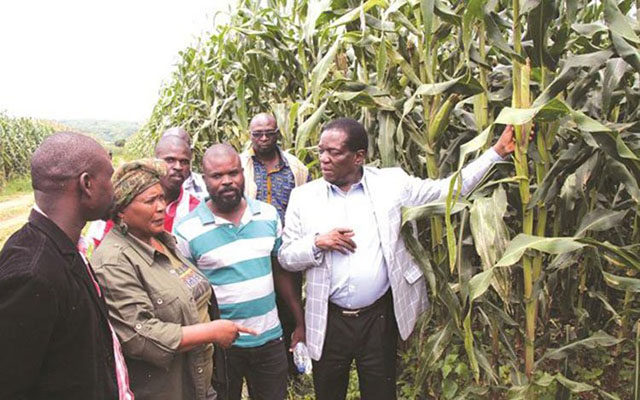Joining hands to create brighter futures
Twenty-one million and three hundred thousand (21,3 million). That is the current number of refugees worldwide, according to UNHCR. This is more than double the population of the UAE.
We have become so desensitised to numbers that the human tragedy of the current global refugee crisis escapes us, and it all blurs into meaningless statistics. But what does it actually mean to be a ‘refugee’?
The UN’s Refugee Convention, defines a refugee as a person who ‘owing to well-founded fear of being persecuted for reasons of race, religion, nationality, membership to a particular social group or political opinion, is outside the country of his nationality and is unable or, owing to such fear, is unwilling to avail himself of the protection of that country.’
A refugee is therefore someone who has been forced to flee his or her country because of persecution, war, or violence, and who most likely cannot return home or is afraid to do so. This means leaving behind, possibly forever, everything you know and hold dear. It means lost fathers, mothers, brothers, sisters, and friends. Lost homes, toys, and dreams. Lost education. Lost opportunities.
Being a refugee could therefore be equated to having lost one’s future. All plans, hopes and dreams are put on hold, replaced only by uncertainty and fear. However, at Dubai Cares we believe that ensuring a refugee child’s education reduces some of this uncertainty. Education gives girls and boys the tools and skills to change their future and the future of their country. Going to school can bring back lost safety and normality.
In 2015, Unicef stated that, if children do not receive the required educational support to rebuild their lives and gain essential skills, they are at risk of being trapped in multi-generational poverty.
This would also fuel social instability and compromise prospects for recovery. Children who no longer either attend school or receive any informal education opportunities not only lose the immediate opportunity to learn academic and social skills, but their productivity and potential lifetime income also decline correspondingly.
Refugee children often bear the brunt of their unstable circumstances.
According to UNHCR, half of primary-age refugee children are out of school and three quarters of secondary-age refugee children do not have access to education.
The loss of human capital, through poor education and health, will therefore inflict long-term damage on productivity and labour market opportunities for these children.
In addition, access to education is an important element to the successful integration of refugee populations into their host communities as the disruption to normal life and insecurity inherent in refugee and displacement camps can harm children’s physical, intellectual, psychological, cultural, emotional and social development with long-term consequences to their welfare and that of their future children.
In an effort to bring education to refugee children, Dubai Cares is aiming to generate safe and predictable learning environments through its Education in Emergencies strategy. Its cornerstone is testing educational models and practices to generate evidence for global actors about the best methods and practices to provide education in emergency contexts.
All programmes in line with this strategy are context-specific and cater to the unique needs of the refugee communities. These programmes aim to compensate lost education opportunities for refugee children, and guarantee their future well-being.
On World Refugee Day, we have to realise that the current number of refugees is the most it has ever been. We need to unify our efforts as members of the global community and put an end to the refugee crisis.
Because children are the builders of the future, we can make their future brighter by funding programmes, particularly Education in Emergencies programmes.
Investing in a child’s education is a deed that can last for a lifetime. Only through determination can this aspiration become a reality. – Gulf News









Comments